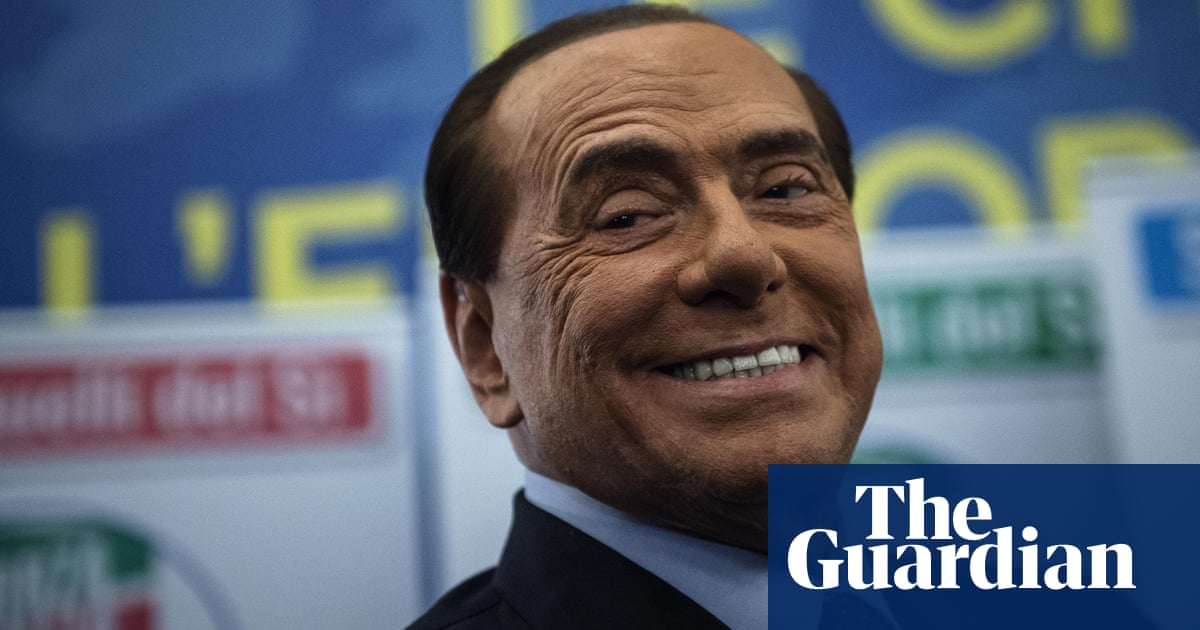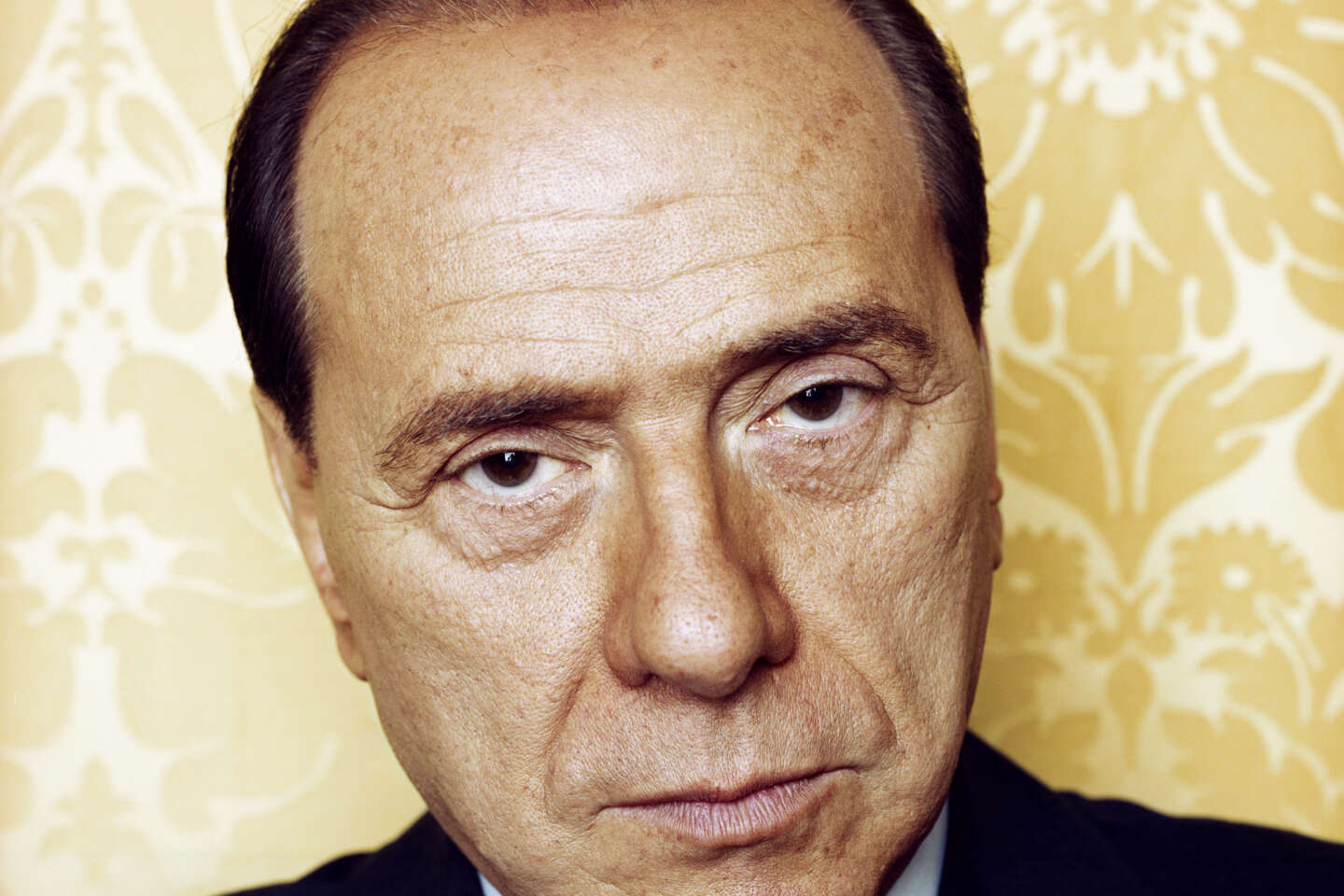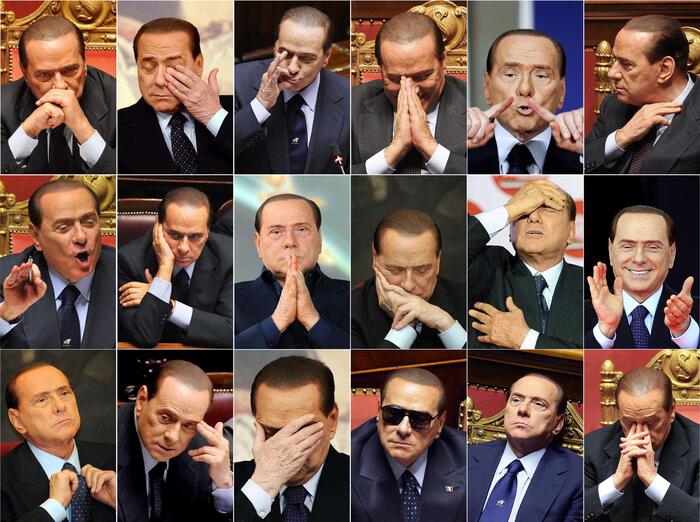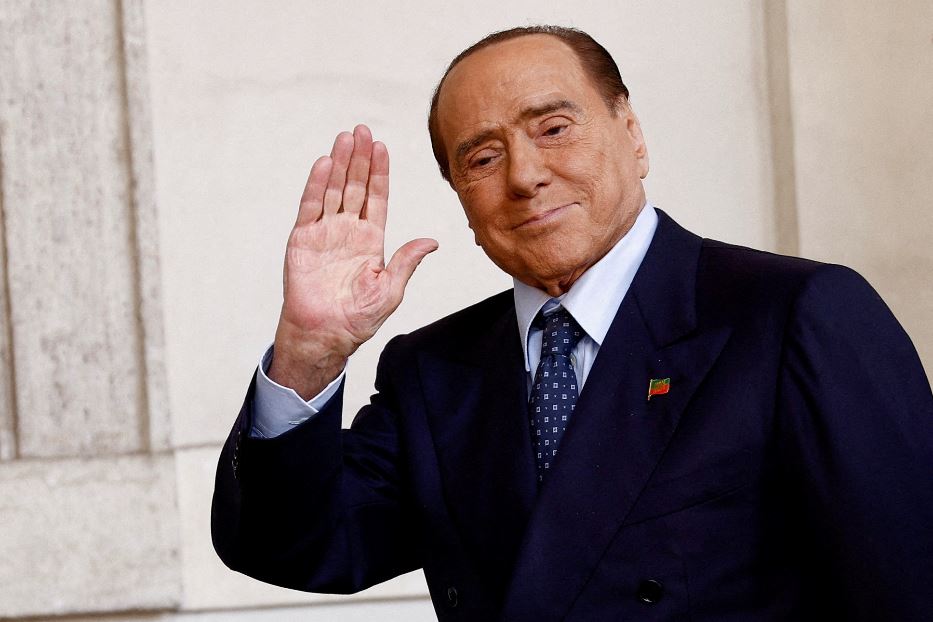On the 12th of June, Silvio Berlusconi died in Milan at the age of 86. The controversial former Italian Prime Minister and leader of the Forza Italia party had people talking about him even after his death. The Italian government declared national mourning, with national flags at half-mast, a privilege that has been rarely granted to others. For instance, national mourning was neglected in 1992 for the deaths of both Falcone and Borsellino, anti-mafia prosecutors in Sicily who were killed by mafia.
Berlusconi, unfortunately, represented the last 40 years of Italian politics. His legacy is set to remain, given the orientation of the current government.
He was a businessman who started from the bottom: from the construction business, to finance with Fininvest, to the media propagandistic empire of Mediaset, and finally as president of the AC Milan football club (a proper move into football geopolitics).
Different mournings
Berlusconi is being mourned by Italians who seem to have forgotten the damage he wrought as politician and social figure. In the post mortem speech at the Senate, Licia Ronzulli, Forza Italia Senate group leader said:
"Victim of unfair decisions, Silvio Berlusconi has returned to this Senate as a winner, and with the government's tribute for his last speech. Berlusconi changed Italy, he knew how to turn an evil into a good. He will continue to be a light..."
The foreign press offered a different memory and point of view. From Le Monde:
"Despite his longevity, his undeniable tactical insight, and his skills as a communicator, his actions in government remain marked by a series of private and financial scandals and relative impotence - the result of his easy-going and gleeful temperament, his conflicts of interest, and agreements made with political forces with sometimes conflicting ideologies, as evidenced by his friendship with Vladimir Putin, which has never been denied despite the Russian invasion of Ukraine in February 2022.”
Meanwhile the New York Times defined Berlusconi as “...the showman who overturned Italian politics and culture, introducing 'sex and glamour to Italian TV', applying the same formula to politics, dominating the country and its culture for more than 20 years.”
Still, it is worth noting one of the few meaningful oppositions brought by Tomaso Montanari, rector of the University for Foreigners of Siena, who announced that there would be no flags at half-mast in his university as planned — or rather, ordered — by national mourning. And he did so by explaining his decision:
“...it is true that Berlusconi has marked history, but he did so by leaving the world and Italy far worse than he found them. From the P2 to his relations with the Mafia via Dell'Utri, from his contempt for justice to the commodification of everything (starting with women's bodies, in his TV programmes), from the proud passing off of fascists in government to lying as a systematic method.”
The longevity of his career would require a proper book of political analysis, but we can highlight three main events that have marked his political and business life.
The P2, “Mani Pulite”( Clean hands) e “Tangentopoli” (literally, Bribesville)
If you are not familiar with the messy year of 1992 in Italy, read this analysis by The Conversation: https://theconversation.com/looking-back-at-1992-italys-horrible-year-66739. The rapid disappearance of the parties of the First Republic left a huge vacuum in politics, fueled by the feeling of rejection among voters and voters that was evident first in the April 1992 elections and then in the 1994 elections. This situation was skillfully exploited by Berlusconi, at the time a wealthy businessman who owned, among other things, the Milan football team and the Fininvest company, with which he controlled many private television networks. Through his company, Berlusconi collected data on his television viewers, carefully preparing his entry into politics — remembered as the “descent into the field” — and presenting himself as a “new man,” far removed from the business plots of old politics (although as an entrepreneur he knew political circles very well and was a personal friend of former prime minister Bettino Craxi).
In 1994, therefore, he entered politics. In the elections that year, he obtained over 42% of the votes with a broad coalition, including his party (Forza Italia), Gianfranco Fini's National Alliance and the Northern League.
The infamous “Bunga Bunga” case
B & Friends
It is undisputed that Berlusconi gained major relevance in the international political arena, but his figure was very controversial also at the international level.
His friendship with Mu’ammar Gaddafi, former Libyan dictator, and with Vladimir Putin have always created an international consensus against Berlusconi.
On the occasion of Berlusconi's visit to Libya in 2008, Italy and Libya signed a “Treaty of Friendship, Partnership and Cooperation” to improve bilateral relations between Italy and the North African country, which provided for the disbursement of USD 5 billion in compensation and investment in Libyan infrastructure projects. The pact is still the basis for cooperation between Italy and Libya today.
Gaddafi
The relationship between Berlusconi and Gaddafi was rich in symbolic moments: from the kiss to Gaddafi's hand during a meeting at the Arab League summit, to the colonel's visit to Rome with the photo of Libyan hero Omar al Mukhtar pinned to his chest and 300 people in tow. But the relationship between the two leaders also produced concrete results, with the inauguration of the Greenstream pipeline in 2004: the infrastructure remains to this day the longest undersea gas pipeline in the Mediterranean. At the height of the close ties between the two leaders, the Libyan government owned shares in the Italian stock market and several large companies, and also owned part of the Juventus football team. Those close ties were severed during the 2011 Libyan uprising that toppled Gaddafi
Putin
As Sky Italia reported, Silvio Berlusconi and Vladimir Putin liked each other immediately from their very first meeting in 2001, when the Cavaliere (at that time Prime Minister) welcomed the Russian president to Italy for the G8 summit in Genoa. Their relationship lasted more than 20 years, during which the two exchanged gifts and spent holidays and birthdays together, between the Costa Smeralda and the dacha in Sochi. And after Berlusconi's death on 12 June 2023, Putin chose to remember him by asking for a minute's silence in his memory at the subsequent St Petersburg International Economic Forum.
Relations remained firm and stable until the outbreak of war in Ukraine in 2022. The conflict erupted on 24 February, but the leader of Forza Italia did not take a position for more than a month. In April, he spoke of “unacceptable military aggression,” without immediately naming what has always been “his friend Vladimir.”
Reminder: In 2015, Silvio Berlusconi was the first Western politician to travel to Crimea after Russia's annexation of the region.
Another relevant event is the infamous “Berlusconi show” at the European Parliament. As reported by Repubblica, in July 2003 in the chamber of the European Parliament in Strasbourg, Silvio Berlusconi called MEP Martin Schulz a kapo : "I know they are making a film in Italy about the Nazi concentration camps, I will propose you for the role of kapo."
Schulz had harshly criticized the Italian's conflict of interests and the attacks on magistrates. Berlusconi's words went around the world and in a few hours triggered a great deal of controversy.
So, it is difficult to digest the decision of the Italian government to declare a day of national mourning for such a figure.
And what’s up next for the center-right of Italy? At the moment, there are several movements within the party, where everyone is trying to take the Berlusconi throne. Also, the death of Berlusconi brought Forza Italia to 10% in the survey polls (up from the previous 6%).
Note to the reader: Writing this piece aroused bittersweet feelings in the author, as if to express the state of uncertainty and feeling of historical emptiness generated by Berlusconi's demise. Still, I’d like to highlight that I see this event as offering hope for Italian politics. Possibly a new beginning, without righteous and oppressive movements and parties that can damage human rights and freedom and lead to hatred and discrimination.
I would like to end this piece with a brief video that fully embodies the “showman politics” spirit of Silvio Berlusconi:
https://www.agenzianova.com/en/news/Berlusconi-and-the-cuckoo-to-Angela-Merkel-in-2008/






